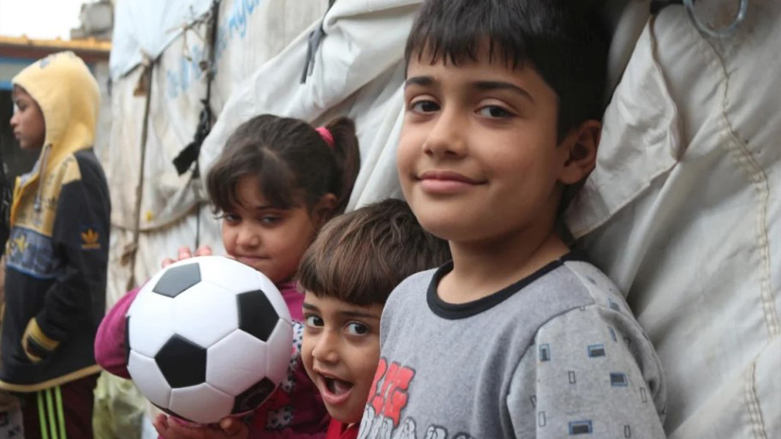‘Iraqi government made important strides toward improving migration policy’: IOM

ERBIL (Kurdistan 24) – The Government of Iraq (GOI) has made significant strides toward improving its migration policy framework, the International Organization for Migration (IOM) announced on Saturday.
“The GOI has made important strides towards improving its migration policy framework, notably through developing a National Migration Strategy,” IOM tweeted.
“The Strategy sets out recommendations to address areas of migration policy & governance that are lacking, for example, policies dealing with displacement impacts of the crisis; engaging with civil society in agenda setting; or collecting demographic data on migrants in Iraq or Iraqis abroad,” it added.
“The UN Network on Migration will work alongside the Government to complement & expand on these efforts.”
The GOI has made important strides towards improving its migration policy framework, notably through the development of a National Migration Strategy. The Strategy sets out recommendations to address areas of migration policy & governance that are lacking, for example...#IMRF pic.twitter.com/0Zn6OBdkUS
— IOM Iraq (@IOMIraq) April 23, 2022
There are at least 9.2 million Iraqis, out of a population of about 40 million, who are either internally displaced persons (IDPs) or refugees.
“The refugee crisis has impacted both Iraqis who fled and the communities that they left behind. Engineers, artists, lawyers, academics, doctors, and other professionals were the first to escape the war,” read a report from Brown University’s Watson Institute of International and Public Affairs.
According to a June 2020 report by the International Center for Migration Policy Development (ICMPD), Iraq hosts an estimated 450,000 IDPs who are “in dire need of essential services.”
There is also a community of 246,000 Syrian refugees, most of whom reside in the Kurdistan Region, “and between 200,000 and 300,000 labor migrants, a significant portion of whom survive only within the precarious informal economy.”
According to its website, IOM “provides a comprehensive response to the humanitarian needs of migrants, internally displaced persons, returnees, and host communities” across Iraq.
